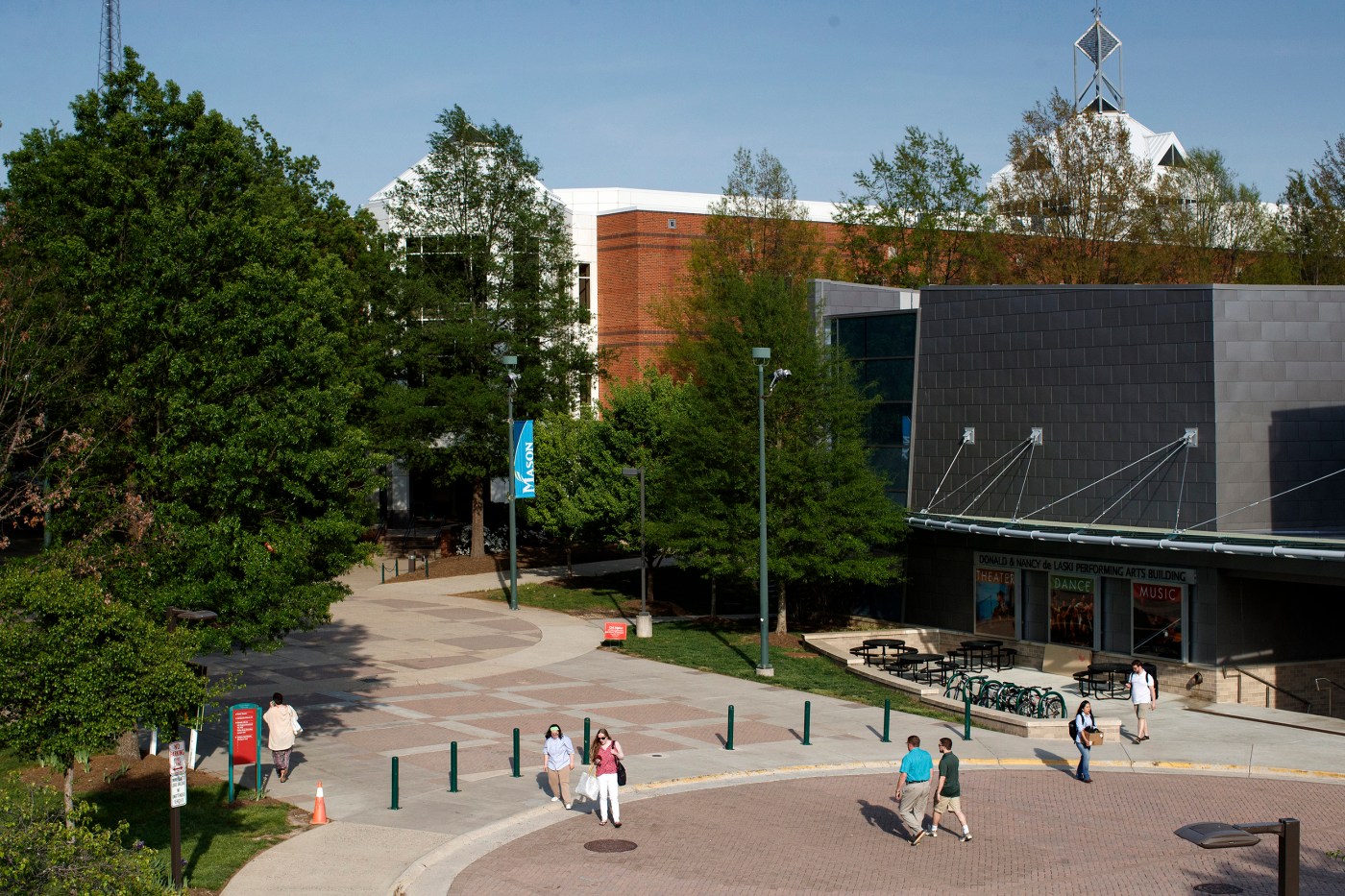A Fairfax Circuit Court ruling has temporarily halted the appointments made by Governor Glenn Youngkin to the boards of visitors at George Mason University, the University of Virginia, and the Virginia Military Institute. This legal action, initiated by several Virginia state senators, seeks to prevent the governor’s nominees from participating in board meetings until their appointments are confirmed by the Virginia General Assembly.
The legal dispute centers on a provision in the Virginia Constitution that states appointed board members may serve until the General Assembly confirms their positions. The relevant Senate committee has opted not to forward Youngkin’s appointees to the full Senate for confirmation, effectively blocking their participation.
Background of the Controversy
The controversy surrounding these appointments comes amid ongoing criticisms from political leaders, including former President Donald Trump, who allege that Virginia’s public universities are becoming “too woke.” Critics claim that institutions like George Mason are failing to adequately protect Jewish students. However, many educators and alumni, including Stuart S. Malawer, a professor emeritus at George Mason, contest these assertions, arguing that such claims are unfounded.
Malawer, who has dedicated over 50 years to teaching, highlights George Mason’s diverse student body and its significant contributions to Virginia’s economy. Under his tenure, the university has garnered national recognition, particularly for its law school and the Schar School of Policy and Government. He notes that the university has fostered a global community, attracting students from countries such as Saudi Arabia, China, and Ukraine, many of whom have established successful careers in Virginia.
Impact on Virginia’s Economy and Education
The economic implications of undermining Virginia’s public universities are significant. Virginia has consistently ranked among the best states for business, largely due to its commitment to high-quality public education. According to CNBC, the commonwealth has often been recognized as the “Best State for Business,” with quality education being a key determinant in this ranking.
Malawer argues that previous actions by the Trump administration have already caused considerable disruption, affecting thousands of public servants and impacting various sectors, including agriculture and trade. He warns that further politicization of public universities could jeopardize this progress and undermine the state’s economic stability.
The recent court ruling serves as a crucial moment in this ongoing saga, providing a temporary reprieve for the institutions involved. The ruling emphasizes the need for a non-partisan approach to university governance, shielding educational institutions from political maneuvering.
As the situation develops, education leaders and citizens alike are calling for an end to what they see as an unwarranted attack on Virginia’s public universities. The need for a balanced and fair approach in managing these institutions has never been clearer.
Malawer, who has received numerous accolades for his public service, including recognition from the Virginia Senate and the Virginia Supreme Court, remains confident that Virginia’s judiciary will uphold the integrity of its educational institutions. “The unscrupulous attacks on George Mason University and other Virginia universities must cease now,” he stated, reflecting a growing sentiment among faculty and stakeholders.
